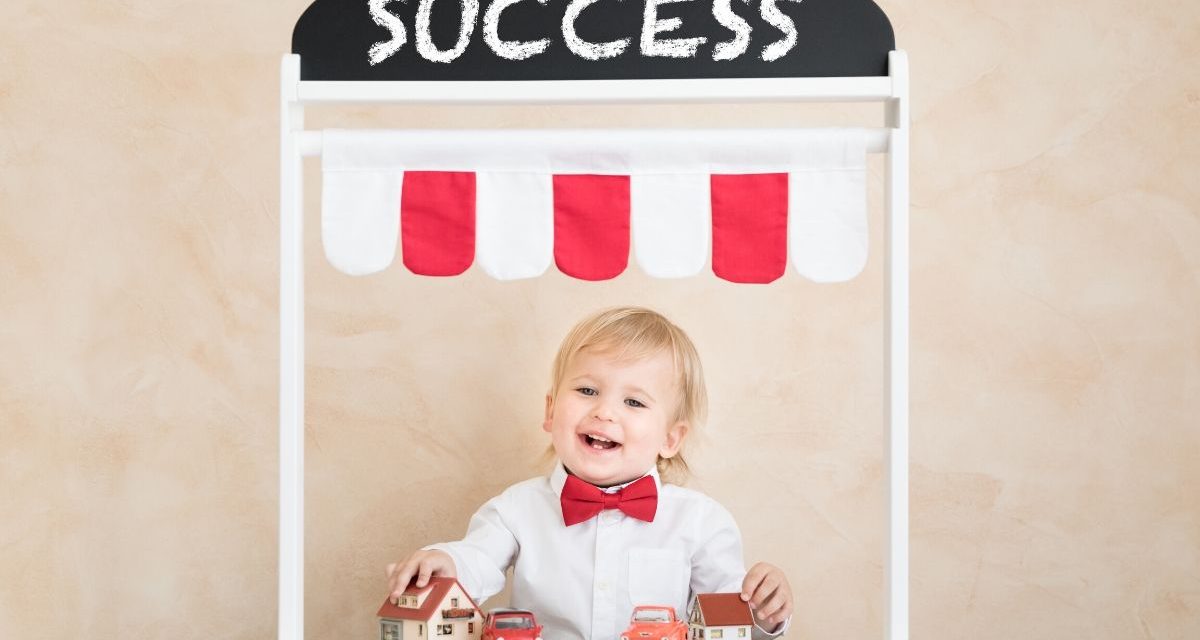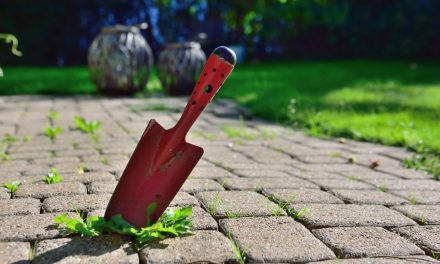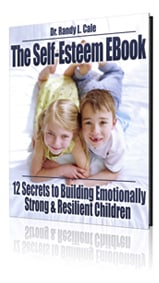In interviewing many, many parents, I have never encountered a parent wanting to raise unhappy, anxious, angry, spoiled, or irresponsible children. Of course not!
Yet, parents and teachers are facing more and more young children and adolescents who show up with these unhealthy emotional and behavior patterns. So, why are the problems escalating?
The answer is quite straightforward: There is a false consensus is that you can raise healthy kids without attending to the fundamentals. In essence, you can cheat on the basics of life. We have been permitted to assume that we can parent this way, and things will work out well.
In reality, if we do want those happy, thriving children…this is a lie. We must confront these cheats and make a choice. I know this sounds a bit harsh, but these cheats will leave you with lots of wasted effort and frustrating results. So, let’s explore:
Cheat #1: Spoil them while they are young. It’s okay.
No, it’s not. Spoiling kids translates to giving them everything they want, without condition. And when they tire of something, we get them a new toy or game. This teaches nothing about happiness and nothing about gratitude for what we do have.
When parents and grandparents start down this path early in life, it quickly becomes a habit and a pattern of expectation develops in the child’s mind. They seek the next new thing and become trained to expect something new to bring them happiness. It simply doesn’t work that way.
Over and over, I see how hard it is to change this pattern as kids get older. My suggestion: stop it now. Teach kids to learn to appreciate more of what they have, by playing with them. Much more is gained by engaging with children in their world and showing them how to remain curious and creative with the toys and goodies they have now.
Cheat #2: It’s okay to react, raise your voice, lose your cool and yell at your kids to get them to listen.
Yes, it is okay. But only if you want reactive children who yell, scream and raise their voice when they want you to listen! They will repeatedly give back to you the same ‘tantrum’ they witness when things aren’t going your way and you yell and react emotionally.
Do you want that? I doubt it.
Thus, we can’t cheat on this. We can’t expect to have reasonably calm children who readily accept transitions without a battle if we are reactive. We can’t expect our children to easily receive a necessary ‘no’ when we can’t calmly deal with a child who says ‘no.’
The bottom line here is this: You can’t escape what you model.
If you model reactive, angry, and demanding behavior, it’s okay… if you want that from your child. Most of us don’t. Thus, if you want a calmer home where kids accept limits and transitions, then it’s essential to take full responsibility for the ways you communicate with your children. Always model the emotions you want to child to have when things change, or don’t go your way. Stay calm, centered, and clear. Make it your daily intention, and recognize that cheating on this key point will only bring havoc into your home, which grows into an emotional monster over time.
Cheat #3: Discipline is a dated concept, and too hard this day and time. My kids are okay without it.
False conclusion. Bad plan.
Every aspect of success and fulfillment will hinge upon your realizing the need to be disciplined in your parenting plan, so you can teach your kids about disciplined effort. Without it, all your child’s talents and intellect will be wasted in an unfulfilling life. It’s almost guaranteed.
Without a disciplined parenting plan, there is constant discussion, repeated negotiations and common routines turn into daily discussions with repeated negotiations and wasted time. Kids learn to fight for the easy way out, and without a disciplined system, they are almost always successful.
There is little satisfaction awaiting the child who seeks the easy path out. We call that lazy. The rewards for laziness are few, and almost always the product of the undisciplined home.
So, discipline is needed, but not like many of you may be thinking. This conversation, it’s not about old-school punishment. It’s not about a ruler and stick. It’s not about making kids feel bad for mistakes.
It’s also not about control of the child as much as it is about control of the home and the environment. In other words, nagging, demanding, pushing, and prodding…that’s all control stuff. It’s a sloppy form of managing things at home, but it almost always falls apart and gets ugly over time. Thus, this is not the disciplined home I refer to here.
Healthy discipline in the home suggests a parenting system that is devoted to developing good habits. Habits that will serve your child in the future. Within such a system, there are fewer and fewer words spoken about behavior. There are few negotiations and arguments. The idea is simple: You set up a discipline system and let the system manage your children. You don’t waste time talking about limits and responsibilities every day. This leaves you free to talk about the good stuff: what you love, what you laugh about, what you learn, and how you enjoy your life. These are much more worthy of your time and attention.
Cheat #4: Words will teach key lessons. I don’t need a behavior plan.
No words don’t teach better behavior. If they did, I would be out of business. And so would most psychologists.
Think of it this way: Words reside in one domain and can be cleverly used to discuss, rationalize, make excuses, and talk in fancy ways about behavior. More words with your child only mean more words back. Not better behavior.
Action and behavior reside in another domain of the brain. They are not that easily susceptible to change through words.
Yet, we see where guidance from society keeps suggesting that we should talk to our kids more and more about their behavior if we want better behavior. But again, it doesn’t work to get better behavior. Please stop.
Instead, if you want better behavior, please get a better behavior plan. Not a better word plan.
We don’t want to look back with regret, realizing that we were lazy ourselves when we just didn’t put in the time to get a better action plan… a better discipline plan for our home. When it’s too late, it’s too late. So, my suggestion: Focus more on your actions, holding your child accountable for the actions you want. This requires a good plan, with an understanding of leverage and consequences. All of this can be learned quickly, with a few days of study. It will be worth it, as it changes the destiny of your children.















